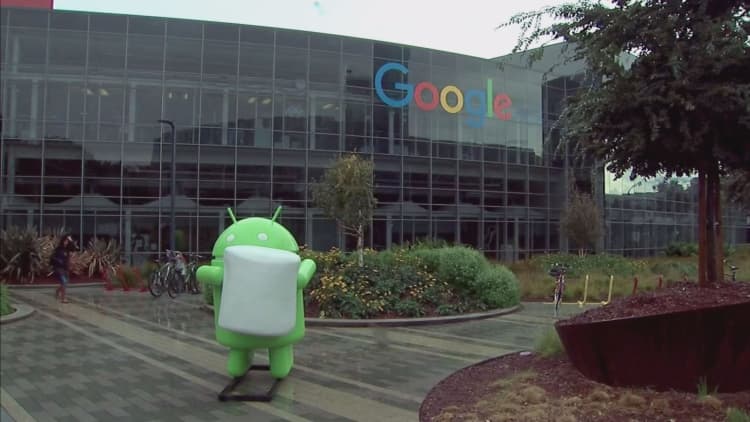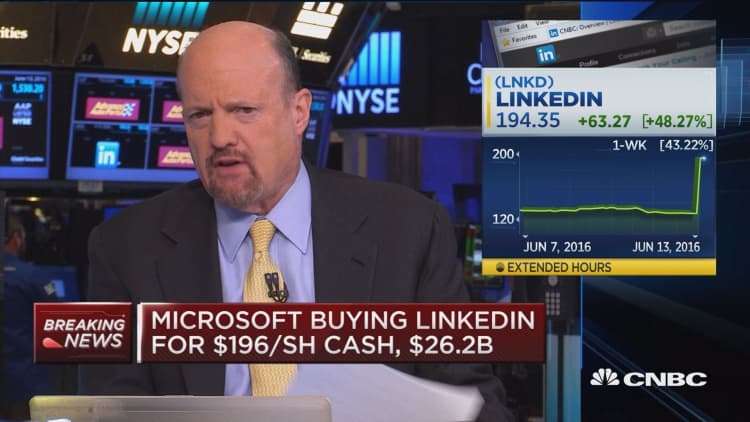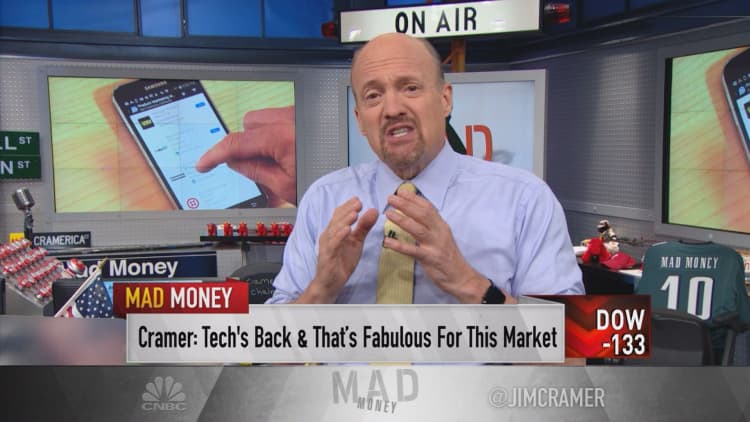
With its colossal acquisition of LinkedIn this morning, Microsoft gets an immediate, powerful asset for its software sales pitch: A social dataset of 400 million-plus users.
That should fray nerves at Google, and raise pressure on it to respond with an acquisition of its own, one aimed at expanding its reach with business customers. It had already informally sounded out some mid-market business-focused cloud apps for acquisition earlier this year.
Over the past year, the search giant has directed considerable attention and resources to building out a sizable enterprise operation, an attempt to diversify its business (an ads one). One of the two pillars of the operation, apps for businesses, competes head-on with Microsoft.
And now Microsoft has a pool of valuable data — based on personal and professional information — that Google, despite its expensive past efforts, does not.
Google will have to answer — particularly since one product Microsoft said LinkedIn will assist with is Cortana, its artificial intelligence-powered personal assistant. AI is a linchpin feature that Google is using with its enterprise software sales pitch. Google's AI is widely considered best in the industry; but with LinkedIn's data, Microsoft could have a critical edge in its offering that trumps Google.

If it wants to catch up, Google's not short on the cash. Nor is it short on will. Diane Greene, its enterprise SVP, who wields considerable power in the company, has an edict to grow her unit, even through acquisition, as Recode reported earlier.
Should Greene and Google go on a spree, here are some potential big targets:
Slack: The fast-growing workplace messaging app boasts three million users every day, and about a third of them use it from accounts paid for by their employers. While generally known as a popular tool at young tech and media companies, it's on track to launch an enterprise version that delivers the scale necessary for use in larger companies sometime this year. It's also working on enhancing the service with AI features that would give the Slack application the brains to anticipate a user's day-to-day business needs, boosting its appeal in an area Google already considers a priority.
And valued at less than $4 billion as of its most recent funding round, Slack is affordable. One important complication: Slack runs entirely on Amazon Web Services. Migrating it to Google's cloud service would be a big job.
Box: The cloud storage, sharing and collaboration platform was the darling of Silicon Valley ahead of its IPO last year. It's a different company today, with a fully imagined long-term strategy to help specific industries build custom applications and to act as the central cog connecting numerous existing business apps including Microsoft's Office, Salesforce.com, and, by the way, Google Apps. Its customers include household names like the Campbell Soup company, industrial giant GE and The Gap, and 10,000-seat deals with large customers are not uncommon.
Box's low share price, down 52 percent since its debut on the New York Stock Exchange, also creates an opportunity.

Dropbox: What Dropbox lacks in a fully articulated vision for doing business with large companies, it makes up for with the scale of its numbers: More than half a billion people use Dropbox, plus 150,000 businesses. Its bread-and-butter business is file storage, sharing and syncing across multiple devices. And it works.
It recently moved its data off of Amazon's cloud and onto one of its own making. Privately held, its mutual fund investors have in recent months written down the value of their shares, suggesting it's worth about $10 billion. That may make it too big a bite even for Google, though parent company Alphabet has just over $75 billion in combined cash on hand.
—By Mark Bergen and Arik Hesseldahl, Recode.net.
CNBC's parent NBCUniversal is an investor in Recode's parent Vox, and the companies have a content-sharing arrangement.


